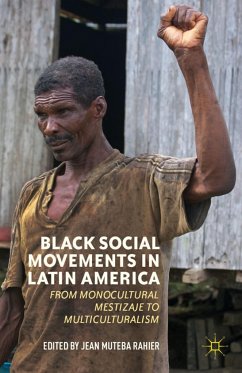
Direct Sales and Direct Faith in Latin America

PAYBACK Punkte
19 °P sammeln!
Since 1990, direct sales have attracted over two million recruits in Mexico and are characterized by a belief in the power of positive thinking. Through an ethnographic portrait, Peter S. Cahn demonstrates that the quasi-religious commission of self-empowerment accounts for the explosive growth of commission-based sales in the developing world.














